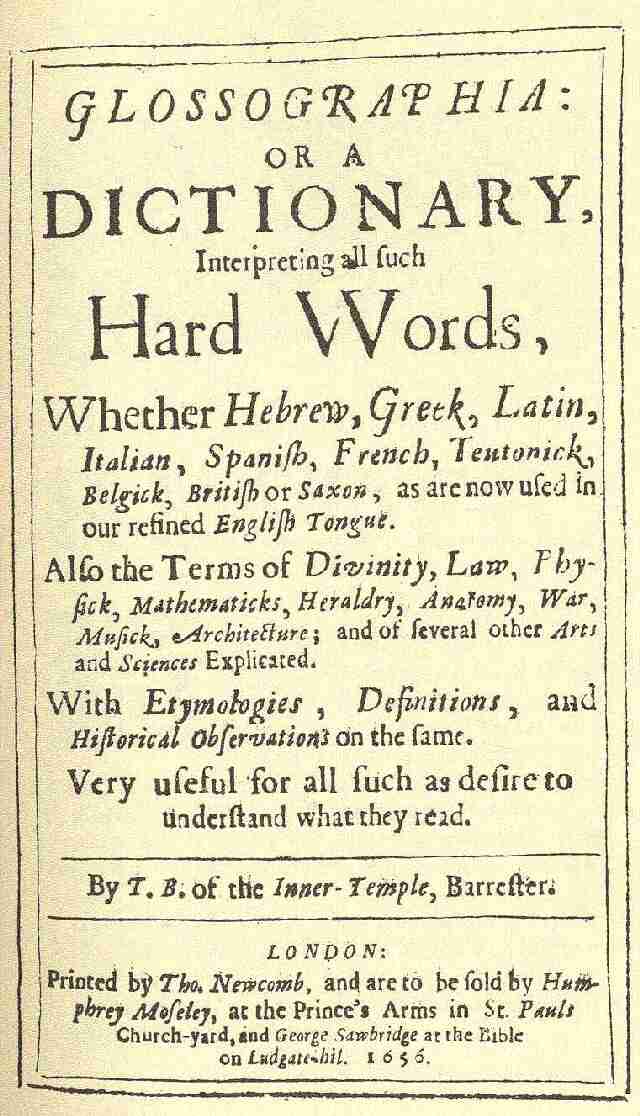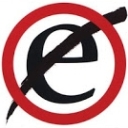
.
Web Word Worries
| Linguistic Disquisitions |
Recently, on a discussion list of which I'm a member, someone asked a very interesting question about whether guidelines existed for which of the locational prepositions "at", "in" and "on" should be used with the terms "web site" and "web page", and also whether "web site" and "web page" should be written as one or two words.
To answer the question: There is no single overarching rulebook for the use of locational prepositions or hyphenation. Numerous style guides of individual institutions (publishing houses, newspapers, etc.) exist, but none is definitive and disagreements abound. For those of you who may want to check out such pages, try the following links:
- Chicago Manual of Style
- Garbl's Editorial Style Manual
- Uncle Netword's Web Style Guide
- Cyberlanguage
- American Heritage Dictionary
- Provenance Unknown
- Webreference.com
However, for the prepositions issue, no guidance was forthcoming, and I was dissatisfied with the rationales behind the arguments on the above pages. I was still intrigued. Another way to attack this question was descriptively rather than prescriptively, and so I decided that an empirical survey of usage of these phrases would be a productive and interesting way to spend an afternoon. As I'm a great lover of words, and probably you are as well, given that you're reading this page, I thought I'd share my findings with readers of the Phrontistery. While it's a bit unusual to use experimental methods in a friendly discussion of word usage, let's give it a shot. Here, stated briefly, are the results.
Locational Prepositions: At, In, On
Using the Google search engine, and limiting my search to English language web pages, I conducted a large number of searches on 11/23/02. I searched for eighty-four phrases: every combination of three prepositions (at/in/on), seven very common pronouns and articles (a/the/my/our/their/this/your) and four nouns or noun phrases (website/web site/webpage/web page), placing each phrase in quotation marks. I recorded the number of total page hits recorded in Google for each search, which represents the approximate number of pages in which the phrase occurs. By taking the sum of the values for each preposition, I am able to estimate the percentage of incidences of each preposition being used in conjunction with each noun or noun phrase. However, it should be noted that the totals do not represent accurate figures of the number of pages on which a certain preposition + noun combination occurs, since a page that contains "on my page" as well as "on this page" will register two "on" results.
"Website" or "web site"
| Preposition | # of Pages | % |
|---|---|---|
| on | 9523000 | 80.5% |
| at | 1088300 | 9.2% |
| in | 1212400 | 10.3% |
"Webpage" or "web page"
| Preposition | # of Pages | % |
|---|---|---|
| on | 967680 | 81.4% |
| at | 51824 | 4.4% |
| in | 169455 | 14.3% |
We clearly see that "on" is the most common preposition used in conjunction with all of the phrases. There is no statistically significant difference between the results from 'website' and 'webpage' in terms of preposition used. Both 'site' and 'page' (without the 'web') can take the preposition "on" (on site; on the page). However, these results contradict the notion that a web site is like a physical location, while a web page is like a page in a book. Since this is not a longitudinal study, it is impossible to tell whether the frequency of "on" has increased or decreased over time.
Hyphenation and Ligation
Again using Google, I conducted four pairs of searches of English language web pages on 11/23/02. By entering each word or phrase (in quotation marks, where necessary), I was able to compare the overall frequency of "website" vs. "web site", "webpage" vs. "web page", "online" vs. "on line" or "on-line", and "email" vs. "e-mail".
| Term | # of Pages | % |
|---|---|---|
| website | 4760000 | 41.8% |
| web site | 6630000 | 58.2% |
| webpage | 1410000 | 23.3% |
| web page | 4650000 | 76.7% |
| online | 7780000 | 54.3% |
| on line / on-line | 6550000 | 45.7% |
| 8960000 | 49.9% | |
| 8990000 | 50.1% | |
There seems to be a slight preference for 'web site' over 'website', which may be due to the fact that many dictionaries do not recognize a single word 'website' and some style guides therefore recommend 'web site'. The preference is even stronger for "web page" over "webpage". Again, this may be because of dictionary and style guide recommendations, but may also be a result of the relative infrequency of the letter combination "bp" in English words (subplot and thumbprint are the only two common examples, and of course subpoena has lost its 'b' sound). However, against this anti-coinage trend, "online" is slightly preferred over "on line" or "on-line" (Google treats hyphens as spaces and does not distinguish the latter two terms). Most style guides recommend 'online', and it has been added to most dictionaries. Curiously, there seems to be a continuing war over 'e-mail' versus 'email', and they are almost in a dead heat. Some usage guides recommend 'e-mail' to indicate its status as part of the 'e-' class of words so common today, while others note that the hyphen is extraneous.
Conclusions
All of these terms have come into regular use within the past ten years, so it should come as no surprise that there is no consensus on which forms are appropriate. None of these differences, with the possible exception of "webpage" versus "web page", is so enormous to allow us to predict which terms will eventually win out. It is particularly striking that many of these pages use both forms of a term, suggesting that web page designers may not even be conscious of their use of different forms.
What, then, do I have to say about what you should do? Well, those of you who know my attitudes towards language usage will not be surprised to hear that I'm not about to tell you. In general, you should use what makes sense and is understandable, and not worry too much about official rules. Try to be consistent, but be willing to accept the fact that the form you prefer may not win out in the end. Our language has hundreds of millions of speakers and hundreds of dialects. To enforce a single way of doing things is the sort of linguistic fascism that we absolutely must not have in a free society. Those who would mock you for writing 'email' instead of 'e-mail' are ridiculous pedants whose linguistic bullying is probably compensating for a lack of creativity and wit. Matters of style and usage will become more regular over time, and these things will sort themselves out eventually, for better or for worse.
I hope you have found this site to be useful. If you have any corrections, additions, or comments, please contact me. Please note that I am not able to respond to all requests. Please consult a major dictionary before e-mailing your query. All material on this page © 1996-2021 Stephen Chrisomalis. Links to this page may be made without permission.








